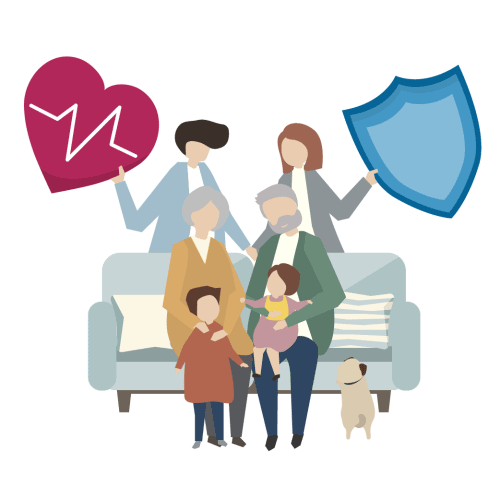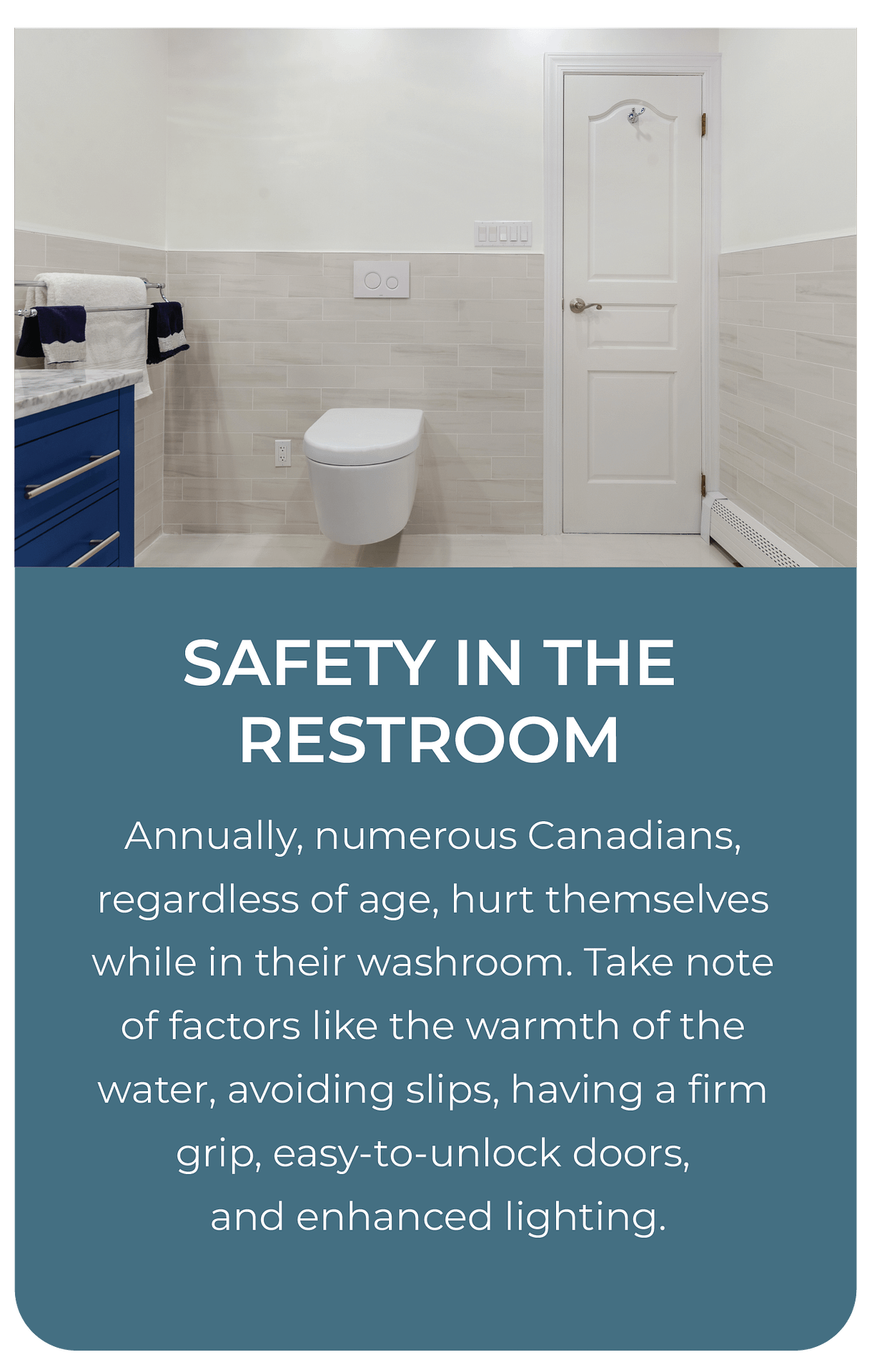- cedarbraeph@gmail.com
- +1 416-283-1786

Looking after your well-being is crucial at any stage of life, but it becomes especially important as you age. As a caregiver, it's essential to carry out your responsibilities without jeopardizing your own health. It's comforting to know that safety and comfort are readily available. Take good care of your health at all times of your life.
No matter the time of day, prioritizing your well-being and security is crucial. Morning and evening routines prime you for success. They help you achieve more, think clearly, and do work that actually matters. They keep you from stumbling through your day and make sure you get the most important things done.




As your collaborator in maintaining good health, the Cedarbrae Medical Clinic is available to aid you in comprehending and controlling your treatment, as well as providing recommendations for prevention
If you or one of your loved ones has health problems, you should know that there is an array of technological tools available to help you monitor your treatments and keep you safe in your home.
There are numerous mobile applications available that can aid in the management of various health issues, ranging from minor to major. Some examples include apps that assist individuals with diabetes in monitoring their blood glucose levels and apps that provide medication reminders. Additionally, there are apps that aim to promote healthy lifestyle changes such as weight loss, smoking cessation, and increased physical activity.
When used appropriately, a high-quality app can encourage individuals to maintain good health practices. However, it can be challenging to determine whether an app is trustworthy or not. It may be helpful to consult with a pharmacist to obtain information on reliable apps.
A personal alarm system is a wearable device in the form of a bracelet or pendant, designed to be used at home. When pressed, a button on the device alerts emergency services, eliminating the need to reach for a phone. Some devices even allow for communication with an operator until help arrives.
These devices are particularly useful for those with limited mobility, serious illnesses, or who live alone. Although technology can be helpful, consulting a pharmacist for any health-related queries or concerns is still recommended.